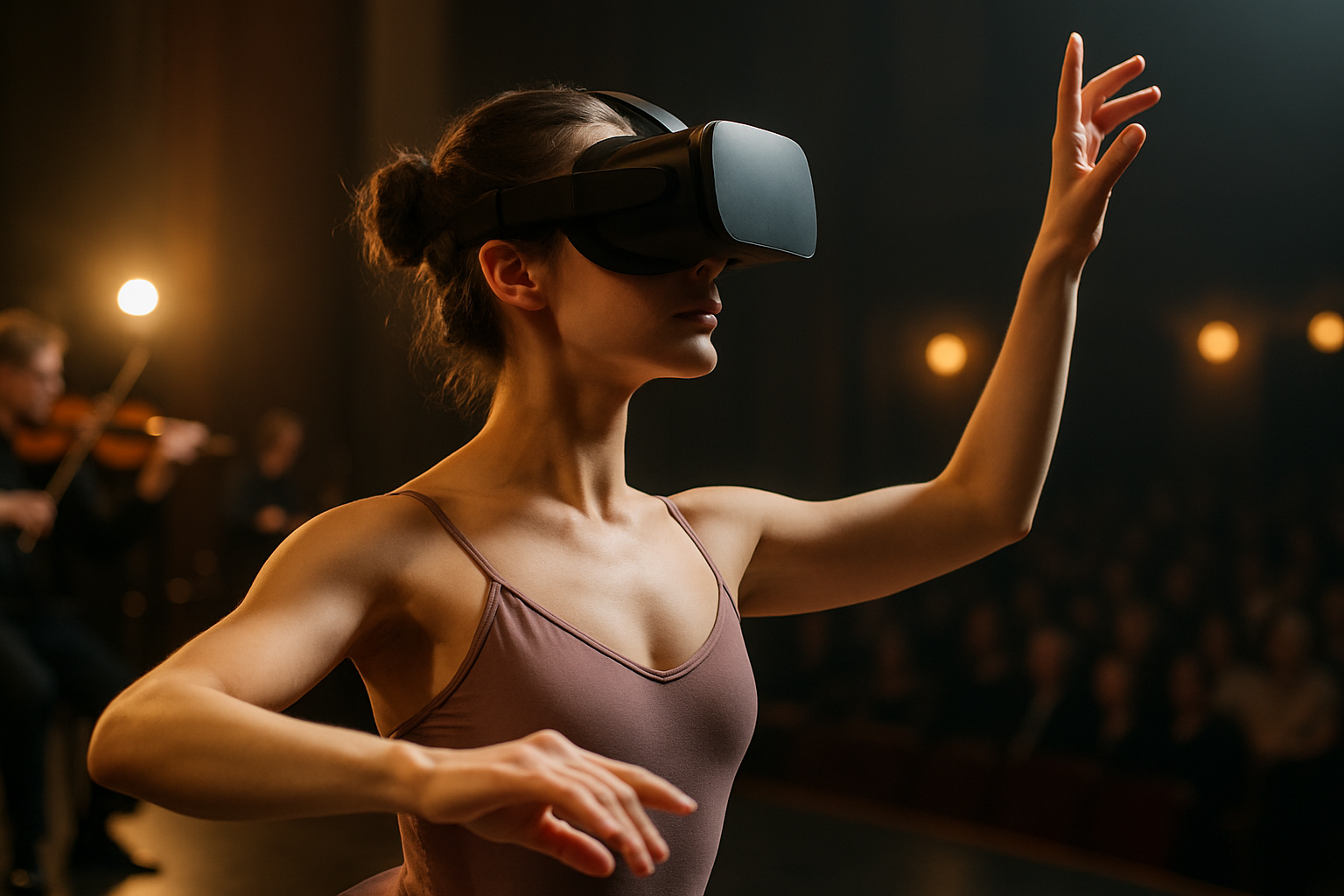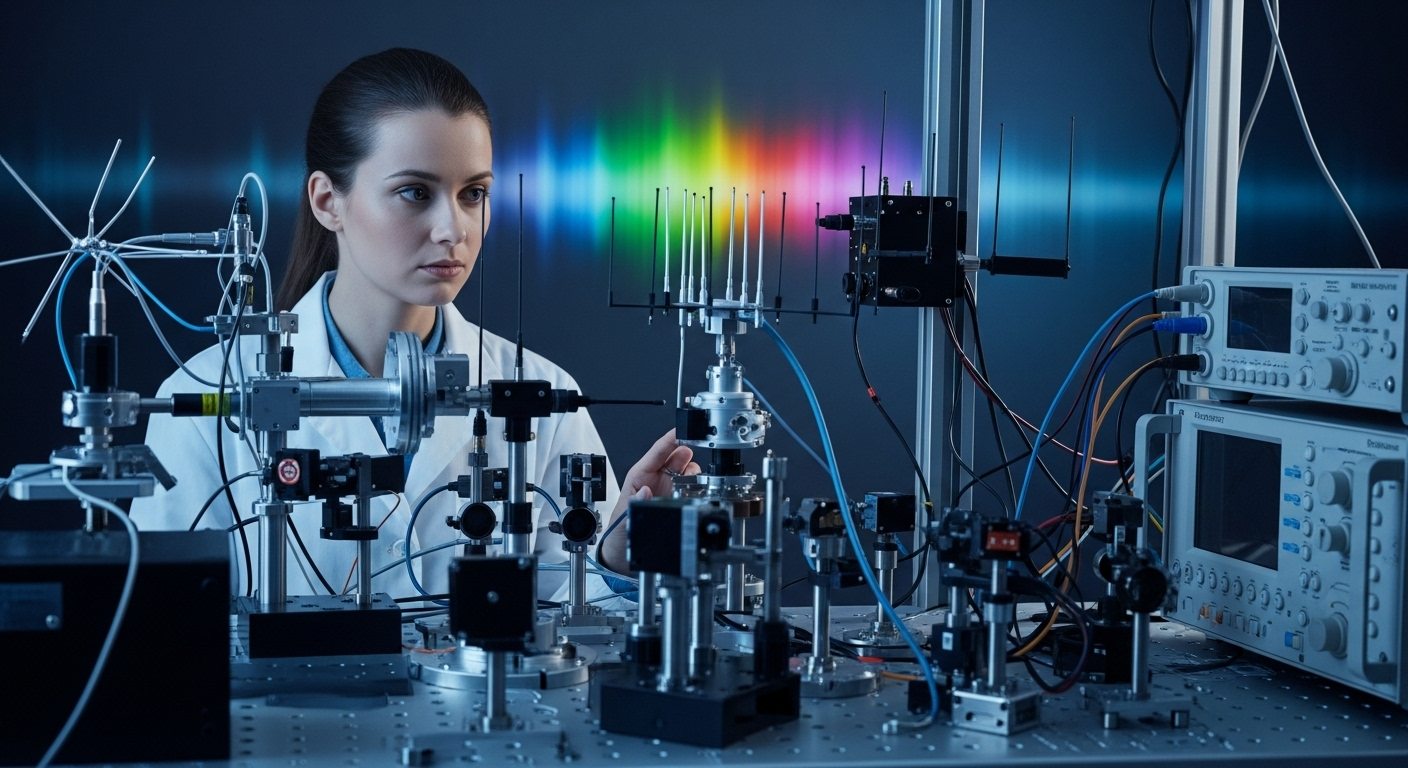Sonic Landscapes: The Fusion of Music and Virtual Reality
In the ever-evolving realm of digital entertainment, a groundbreaking trend is revolutionizing the way we experience music. Virtual reality (VR) technology has begun to intertwine with the music industry, creating immersive sonic landscapes that transport listeners to entirely new dimensions of audio-visual experiences. This fusion of cutting-edge technology and musical artistry is not only reshaping live performances but also redefining the very nature of music consumption and creation.

Immersive Concert Experiences
One of the most exciting developments in the VR music scene is the emergence of fully immersive virtual concerts. Major artists and bands have begun to embrace this technology, offering fans the opportunity to attend live shows from the comfort of their own homes. These virtual concerts go beyond simple live streams, allowing attendees to move freely within a digitally rendered 3D space, interact with other concertgoers, and even customize their viewing experience.
Music Creation in Virtual Spaces
VR is not only changing how we consume music but also how it’s created. Virtual reality music studios are becoming increasingly sophisticated, allowing musicians to collaborate in shared digital spaces regardless of their physical location. These virtual studios offer an array of tools and instruments that would be impossible or prohibitively expensive in the real world, democratizing access to high-end music production capabilities.
Therapeutic Applications of VR Music
The intersection of VR and music has also opened up new avenues for therapy and wellness. Researchers and healthcare professionals are exploring the potential of immersive musical experiences to reduce stress, manage pain, and even treat certain mental health conditions. These applications leverage the power of music combined with the sensory-rich environment of VR to create deeply relaxing and healing experiences.
The Future of Music Education
Virtual reality is poised to transform music education, offering students immersive learning environments that can simulate everything from one-on-one lessons with master musicians to performances in world-famous concert halls. This technology has the potential to make high-quality music education more accessible and engaging, particularly for those in remote or underserved areas.
Challenges and Ethical Considerations
As with any emerging technology, the integration of VR into the music industry is not without its challenges. Questions of copyright, fair compensation for artists, and the potential for virtual experiences to replace live performances are all topics of ongoing debate. Additionally, there are concerns about the digital divide and ensuring that this new form of musical expression remains accessible to all, not just those who can afford expensive VR equipment.
The Role of Artificial Intelligence
The fusion of VR and music is further enhanced by the integration of artificial intelligence. AI algorithms are being used to generate dynamic, responsive musical environments that adapt to the listener’s movements and emotions in real-time. This convergence of AI, VR, and music opens up possibilities for entirely new forms of interactive and personalized musical experiences.
Cultural Impact and Global Connections
Virtual reality music experiences have the potential to break down cultural and geographical barriers, allowing people from different parts of the world to come together in shared musical spaces. This global connectivity could lead to new forms of cultural exchange and collaboration, fostering a more interconnected and diverse musical landscape.
Sustainability and Environmental Considerations
As the world becomes increasingly conscious of environmental issues, virtual reality concerts and music experiences offer a potentially more sustainable alternative to traditional live events. By reducing the need for physical travel and large-scale event infrastructure, VR music events could significantly lower the carbon footprint associated with the entertainment industry.
Conclusion
The fusion of music and virtual reality represents a paradigm shift in how we create, consume, and experience music. As technology continues to advance, we can expect to see even more innovative and immersive applications emerge. While challenges remain, the potential for VR to democratize access to music, foster global connections, and create entirely new forms of artistic expression is truly exciting. As we stand on the brink of this sonic revolution, one thing is clear: the future of music will be more immersive, interactive, and boundless than ever before.





